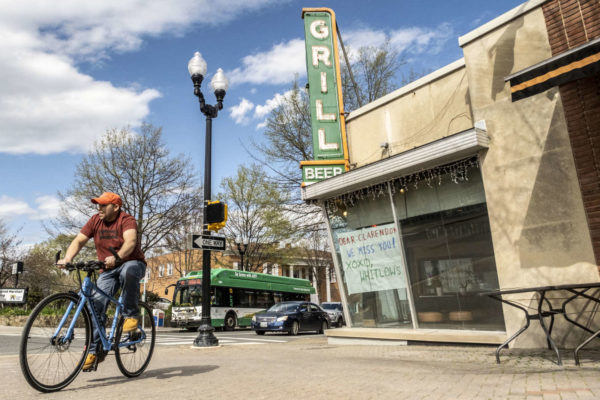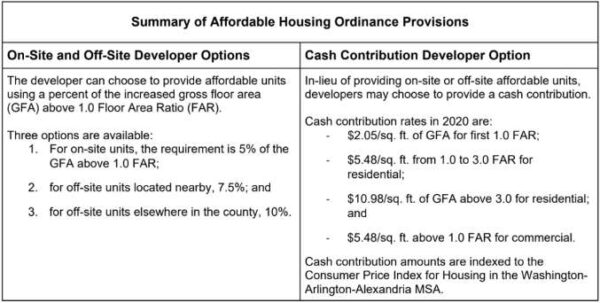 What’s Next with Nicole is a biweekly opinion column. The views expressed are solely the author’s.
What’s Next with Nicole is a biweekly opinion column. The views expressed are solely the author’s.
Hope is an action. It is fairly useless unless you put in the work. Our democracy depends on participation.
If you believe in stability for our democracy; believe that we are in a climate crisis; that healthcare is a human right; love is love; science matters; and that we must regain global leadership… vote for Joe Biden because our hope for a better future depends on it.
Voting is just your first step of action. Here are other ways to help make a difference in this election and in our collective hope for a better future.
Phone bank and text voters in swing states
I preface this with a reminder about Senator Mark Warner’s last election in 2014 where he was up in the polls by almost 10 points and on election day only edged out his opponent Ed Gillespie by 16,000 votes — so still vote here in Virginia like your life depends on it.
That being said, Virginia is not the heated battle ground it used to be. Two easy ways to make an impact in this election from your home is to participate in phone and text banking in swing states.
Swing states this election include but are not limited to: Florida, Wisconsin, North Carolina, Michigan, Pennsylvania, Georgia, Arizona, and Minnesota.
Four actions that have been highlighted to me as important in this last stretch by someone that participates on national strategy calls are: 1) North Carolina phone banking; 2) North Carolina ballot curing (reach voters who had their ballots rejected to cure the issue so their vote counts); 3) Florida text banking; and 4) Pennsylvania text banking.
Join local groups that support your policy goals
National politics can be frustrating. Sometimes it feels like you are just another note in the Intranet Quorum (IQ) congressional database unless you have some sort of connection.
What is fantastic about local government is that you can make a tangible difference on almost every issue you care about at the local level. Instead of waiting sometimes decades for things to get done in Congress, get it done here locally or at a state level.
Arlington Commissions
There are over 50 commissions in Arlington. Whatever your passion is, there is bound to be a group of devoted Arlington citizens who are developing policy proposals for the county to implement. Right now there are 15 commission openings and you can apply for them easily online here.
Open Door Hours
Every Monday you can schedule a time to talk to your county board members. If you have spoken at a county board meeting you will notice there is simply not enough time for board members to respond to everyone. For an actual dialogue with your elected officials, office hours can really help you move the ball on policies that are a priority to you.
Have a conversation in-person
It’s easy to repost a meme or share an article on Facebook. Unfortunately it has become hard to have a civil conversation face to face with people that you happen to disagree with.
Locally, I have participated in two organizations that do a great job of bringing people with differing perspectives together that I would recommend.
Make America Dinner Again is hosted by a traditionally conservative Koch brothers organization. Former columnist Matt Hurtt put together one of these conversations pre-COVID that I attended and they now have online options. It was great because I very rarely am able to find a large group of conservatives, libertarians, moderates, liberals, and socialists that would actually come together for civil conversation.
Building Bridges is an organization founded by former Democratic candidate for county board, Vivek Patil. This group will go to rural areas of Virginia and have conversations with local politicians and influencers in those regions to bridge the urban-rural divide in Virginia. They are incredibly good at emphasizing empathy for both sides of the coin during these conversations.
VOTE
Make your plan to vote. Now.
Nicole Merlene is an Arlington native and former candidate for Virginia State Senate. She has served as a leader in the community on the boards of the Arlington County Civic Federation and North Rosslyn Civic Association, as an Arlington Economic Development commissioner, in neighborhood transportation planning groups, and as a civic liaison to the Rosslyn Business Improvement District.
 What’s Next with Nicole is a biweekly opinion column. The views expressed are solely the author’s.
What’s Next with Nicole is a biweekly opinion column. The views expressed are solely the author’s.




